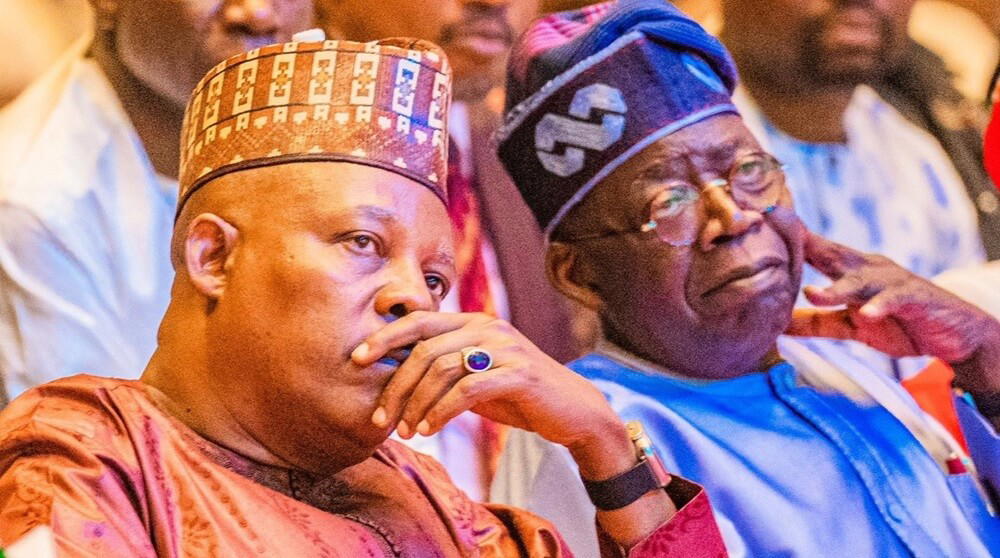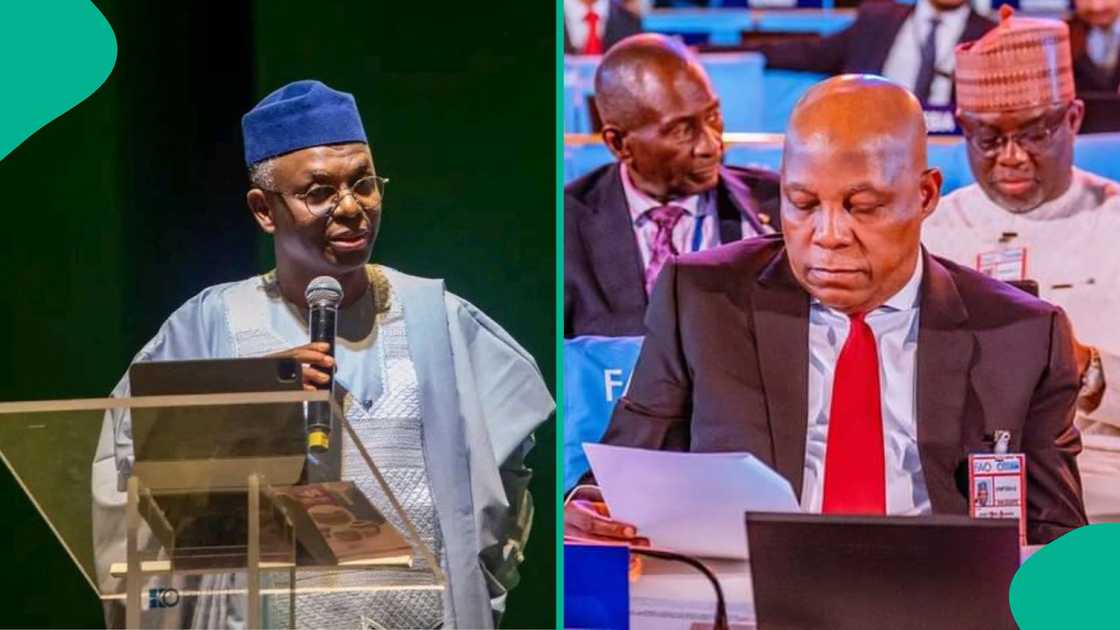Climate Activists Renew Demand for Reparations as Africa Bears Brunt of Global Warming
Journalists Trained to Amplify Afrocentric Climate Reporting
Climate activists are intensifying calls for climate reparations from the world’s biggest polluters to nations in the Global South, particularly Africa, which suffers disproportionately from climate change impacts despite minimal contributions to the crisis.
Video credit to: Liberal News Network
The Africa Make Big Polluters Pay Coalition reinforced this demand during a two-day virtual training for 51 climate journalists and advocates from eight African nations. The event featured expert speakers from Nigeria, Togo, The Gambia, the United States, and India.
Corporate Accountability and Climate Justice
Elvis Méndez, Managing Director of Corporate Accountability, emphasized the urgent need for action: “We are living in precarious times. Corporations must be held accountable for their actions.” He highlighted the power imbalance where corporations often influence government policies.
The training underscored the stark contrast between emission contributions and climate impacts. “Most pollution is generated in the Global North, yet it’s the Global South that suffers the most,” Méndez stated.
Climate Finance and Historical Exploitation
Nnimmo Bassey, Executive Director at Health of Mother Earth Foundation (HOMEF), presented on the critical need for climate finance. “For centuries, Africa has been stripped of resources without reaping the benefits,” he explained, detailing how colonial exploitation continues to affect climate vulnerability.
Bassey warned about specific threats: “African coastal communities face severe risks from sea-level rise and coastal erosion, including displacement and infrastructure loss.” He called for international cooperation to support adaptation efforts.
Media’s Crucial Role in Climate Advocacy
Akinbode Oluwafemi of CAPPA stressed journalists’ pivotal role: “We need journalists to educate people, pressure policymakers, and mobilize communities against climate destruction.”
Kwami Mkponzo raised concerns about carbon markets, warning they might disproportionately affect developing nations. “While aiming to reduce emissions, this system could disadvantage Africa,” he cautioned.
Combatting Climate Misinformation
Media experts Kristin Salvage and Esthappen S emphasized responsible reporting. Salvage advised: “Use first-person storytelling and build relationships with communities.” Esthappen warned about disinformation: “Accurate journalism is vital to shift public perception in the social media age.”
In closing, Dawda Cham of HELP-Gambia urged journalists to apply their training: “Expose climate realities and implement what you’ve learned.”
Full credit to the original publisher: BusinessDay











